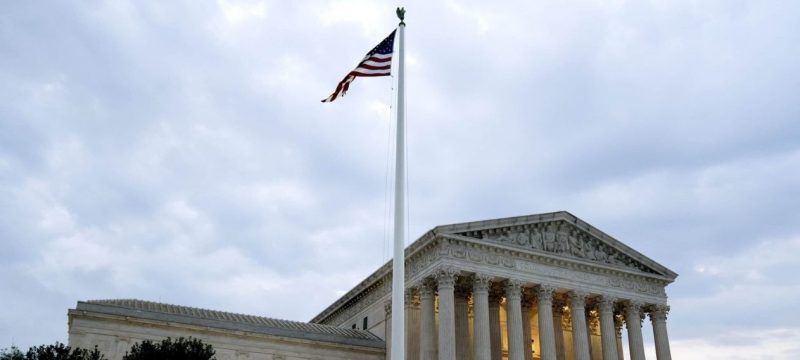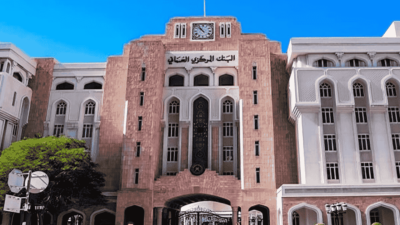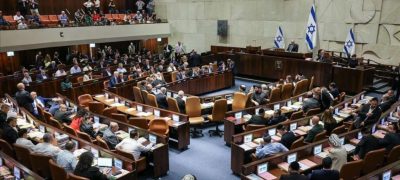WASHINGTON – The US Supreme Court on Tuesday extended a temporary pause on a lower court order requiring the Trump administration to fully fund food aid for millions of low-income Americans. The decision allows the government to continue withholding approximately $4 billion from the Supplemental Nutrition Assistance Program (SNAP), commonly known as food stamps.
The pause, now set to expire on Thursday, leaves millions of SNAP recipients in temporary uncertainty. Justice Jackson expressed disagreement, stating she would have denied the administration’s request to delay the judge’s order further. Her statement highlights ongoing tensions over the program and federal funding responsibilities.
The disruption of SNAP benefits began in early November, marking the first lapse in the program’s 60-year history. Recipients have faced severe challenges, relying on already strained food pantries and making difficult sacrifices, including skipping medications, to manage their budgets.
This situation comes amid the longest government shutdown in U.S. history, which has left hundreds of thousands of federal workers unpaid and caused delays in public services, including air travel and federal agencies.
On Monday, the U.S. Senate passed compromise legislation aimed at ending the shutdown and restoring essential government functions. If approved by the House, the bill would ensure that SNAP benefits are fully funded once again, providing relief to millions of Americans affected by the lapse.
Experts note that the US Supreme Court’s decision underscores the broader legal and political struggle over federal funding and executive authority. Advocates for low-income Americans emphasize the urgent need to restore food aid, especially during ongoing economic and social challenges.
In other news read more about US Senate Advances Bill to End 40-Day Government Shutdown
The extended pause has drawn criticism from lawmakers, advocacy groups, and beneficiaries who argue that continued delays could exacerbate food insecurity and hardship for vulnerable populations. With the SNAP funding issue unresolved, all eyes remain on Congress and the US Supreme Court for further developments.








